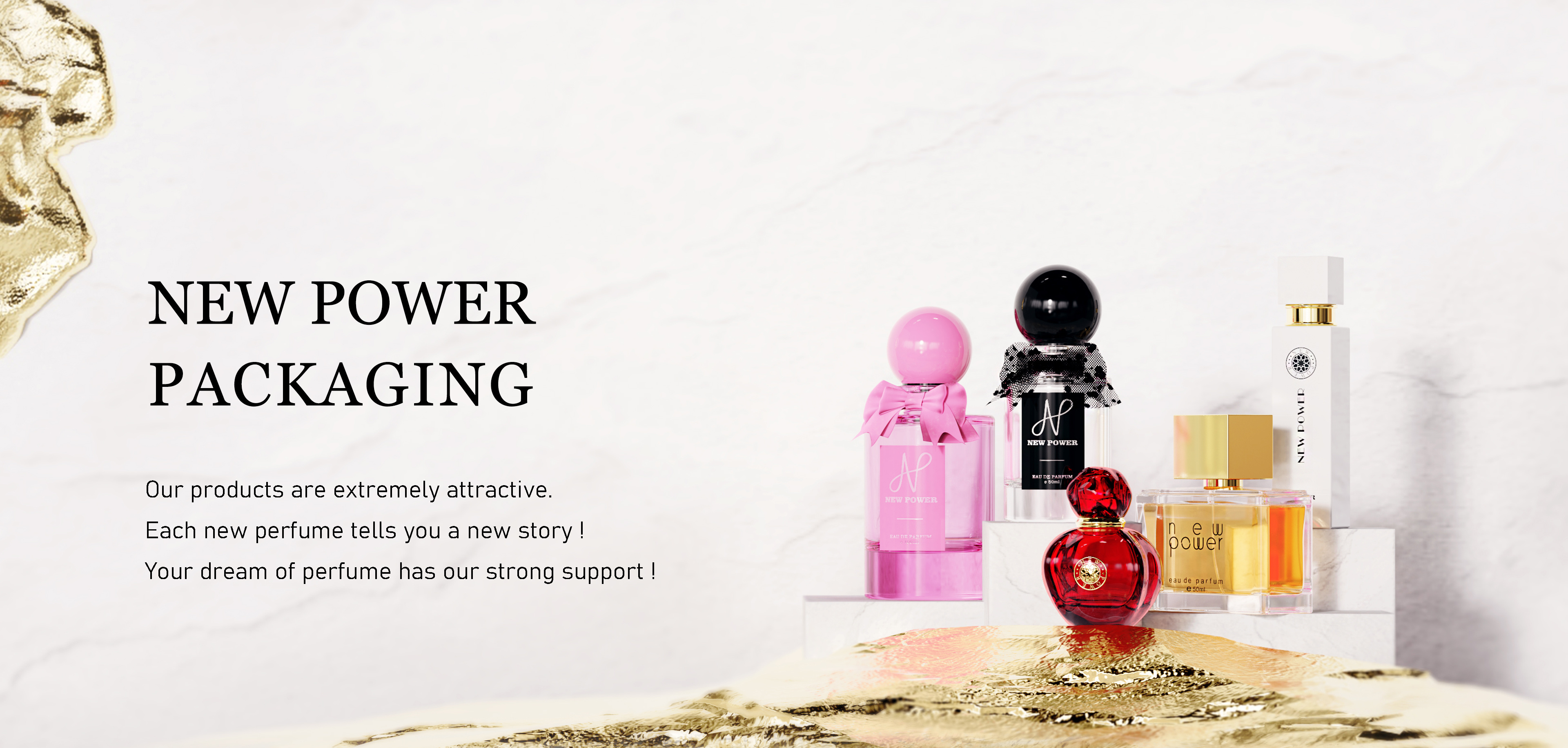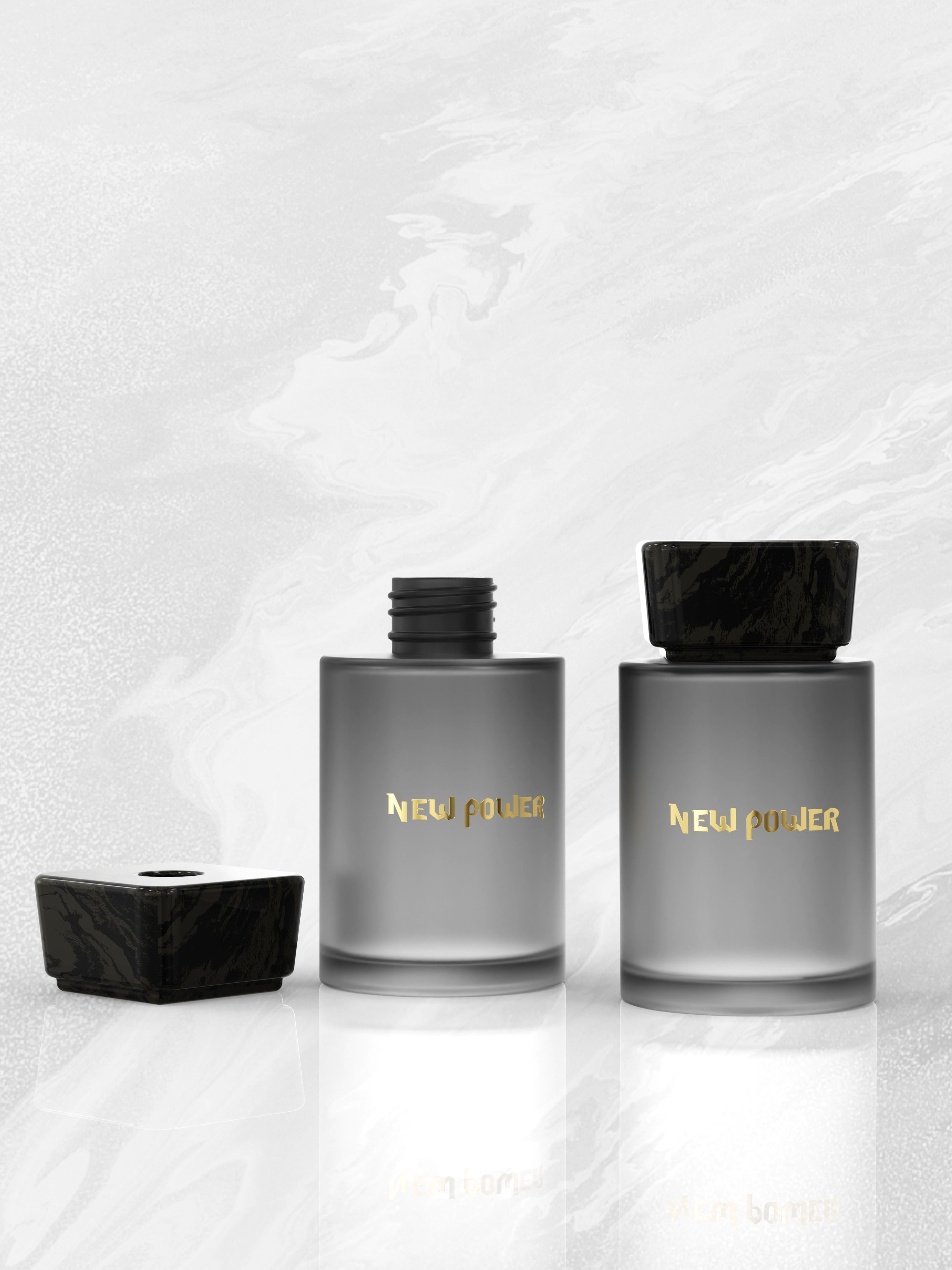Fruity fragrance: a feast of smell when fruits collide with perfume
Time:
2025-07-18
Fruity fragrance: a feast of smell when fruits collide with perfume
In the early morning orchard, sunlight penetrates through the mist, heavy fruits hang on the branches, and full juice surges under the skin. The air is filled with a mix of sweetness and slight sourness. This natural fragrance has long been captured by perfumers and integrated into bottles of exquisite perfume, becoming a olfactory memory across seasons and regions. The meeting of fruit and perfume is not only a cross-border dialogue between taste and smell, but also a perfect integration of nature and technology.
The citrus family is undoubtedly the most active "morning messenger" in the perfume world. The sourness of lemon is like the first ray of fresh wind in the morning light, always able to accurately pierce through the sleeping senses. In Zuma Long's "Lime, Basil, and Citrus", Sicilian lime is extracted by perfumers using an almost rigorous low-temperature cold extraction process, retaining the freshest and most pungent texture of the skin, and colliding with the greenery of basil to create the morning dew of the Mediterranean coast. The aroma of bergamot is more mellow, like pebbles warmed by the sun. In the top note of Hermes' "Orange Stars", it tangles with bitter orange peel, which not only has the unique crispness of citrus, but also has a hint of wooden stability, as if the whole Sicilian orchard was put into a frosted glass bottle.
Tropical fruit is the "carnival maker" of perfume. The performance of litchi in perfume is always unexpected. When it fades away the sweetness of its pulp, it turns into a transparent fragrance with rose water vapor in Guerlain's "Thousand and One Nights", and blends with jasmine to create the hazy beauty of the oriental palace. The flavorer Jacques Boju once said, "The aroma of fresh litchi only lasts for seven minutes, and we must capture the fleeting sweetness when it just peels off its skin." Mango is more aggressive. In Tom Ford's "Mango Fever", it collided with coconut oil to create the heat of the Caribbean Sea. Sandalwood added in the base note is like a bonfire on the beach, making the sweetness of tropical fruits a port of call.
The berry family is the "sweet and sour poet" in the perfume industry. Strawberries seldom appear in pure form in perfume. Dior "Charming and Fresh" blends them with grapefruit, filtering out the sweetness of berries, leaving a moist sour smell similar to that of strawberry fields after rain. Blackcurrant has its own aristocratic temperament. In the middle note of Chanel's "Coco Chanel", it dances with roses, like a twinkling berry in the dark, injecting playful vitality into the flower fragrance. The most wonderful combination is the combination of raspberry and blackberry. In the "Blackberry and Laurel Leaf" of Zumalong, the sweet and sour flavors of the two berries are balanced by the pungent fragrance of the Laurel Leaf, like shrubs soaked in morning dew in an autumn forest, with a wild vitality.
Stone fruits can always create "home memories" in perfume. The aroma processing of peaches can be regarded as a difficult problem in the field of fragrance adjustment. If it is too sweet, it will be vulgar, and if it is too light, it will be lost. Gucci has found a perfect balance in "Huayue Blooming". It uses the combination of white peach and pear to simulate the smell of the freshly cut fruit platter. The tuberose added in the middle note is like a thin frosting sprinkled on the flesh, sweet but not greasy. Apples often appear in the form of green apples. In Herm è s' rooftop garden, they work together with pears and roses to create the secret garden of Paris rooftops. The crisp feeling of biting open the skin is enveloped by water vapor, with a slight fishy smell of green grass after rain.
The charm of fruit perfume is that it can awaken the most primitive sensory memory of human beings. When we smell the bitterness of citrus fruits, we think of the bubbles of chilled soda in summer; Touching the sweetness of lychee will evoke the dampness of Lingnan rainy season; Encountering the sourness of berries brings back memories of the joy of picking wild fruits in childhood. Aromaists are like alchemists of smell, solidifying the aroma of fruits at different times: the freshly picked morning dew flavor, the sun dried mature flavor, the contracting sensation after being chilled, and even the sharp aroma that bursts out when the skin is torn.
Modern technology makes fruit perfume more possible. Nanoextraction technology can capture the faint aroma of fruit respiration, while molecular distillation allows "heavy flavored" fruits such as durian and mangosteen to elegantly blend in. But what truly touches people's hearts are always those expressions that are close to the essence of nature. Just like how Tiptik's "fig" did not deliberately magnify the sweetness of the fruit, but instead restored the overall scent of the fig tree: the green and astringent leaves, the woody aroma of the trunk, and the subtle milk fragrance when the fruit ripens, this authentic feeling with a muddy flavor is far more intriguing than the simple sweetness.
From Cleopatra bathing with citrus essential oil to Louis XIV sprinkling orange blossom water all over Versailles Palace, the relationship between fruit and perfume has lasted for thousands of years. Now, when we unscrew the bottle cap of perfume, we can smell not only the replica of a certain fruit, but also the poem written by the perfumer with his sense of smell - it may be the morning light of the Sicilian orchard, the noise of the Southeast Asian market, the autumn fog of the Nordic forest, and finally all turned into a flowing landscape on the skin, so that every ordinary moment exudes natural gifts.





